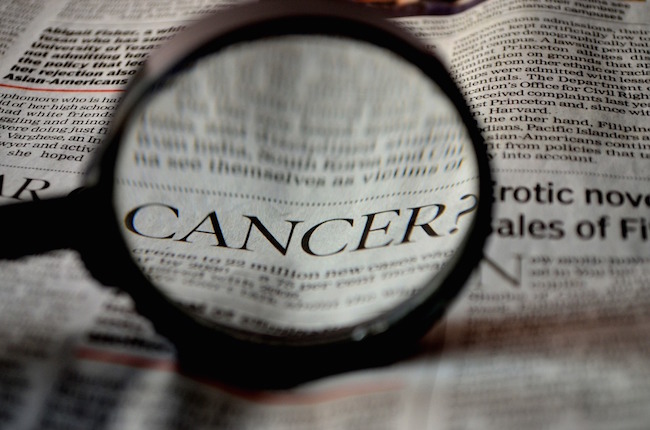Overuse of Antibiotics Linked to Precancerous Colon Polyps by for Natural Blaze
Taking antibiotics for an extended period of time in early and middle adulthood may increase your risk of developing precancerous growths called polyps in your colon, a large study suggests. [1]
The research, published in the journal Gut, adds to a growing collection of evidence that the type and diversity of gut microbes may play a significant role in the development of cancer.
Many people develop diarrhea when they take antibiotics. This is because the drug kills some of the normal gut bacteria, thus allowing an overgrowth of abnormal bacteria to dominate.
For the study, researchers in the U.S. tracked the health of over 120,000 nurses between the ages of 30 and 55 who took part in the Nurses Health Study that launched in 1976. The team found that between 2004 and 2010, 1,194 nurses were diagnosed with abnormal growths in the colon and rectum.
Participants who had taken antibiotics for two months or more between the ages of 20 and 39 were 36% more likely to be diagnosed with a polyp, called an adenoma, compared with those who hadn’t taken a prolonged course of antibiotics during their 20s and 30s.
Women who had taken antibiotics for two months or more during their 40’s or 50’s were 69% more likely to be diagnosed with a polyp.
Similarly, women who took antibiotics for 15 days or more between ages 20 and 39, and between ages 40 and 59, were 73% more likely to be diagnosed with an adenoma.

Associate Professor Graham Newstead, the head of the colorectal unit at the Prince of Wales private hospital and director of Bowel Cancer Australia, said:
“It does seem to indicate that people who have too many antibiotics might be at more risk of [sic] getting polyps than people who have less of them.
And, remembering that not all polyps turn to cancer but the cancer comes from the polyps. If you have more polyps or tendency to get polyps then maybe you are slightly more at risk of getting cancer.” [1]
The researchers wrote in the report:




